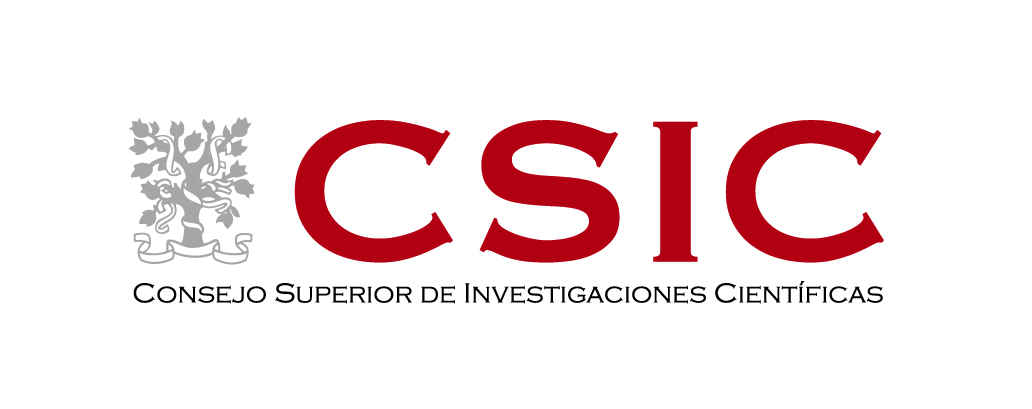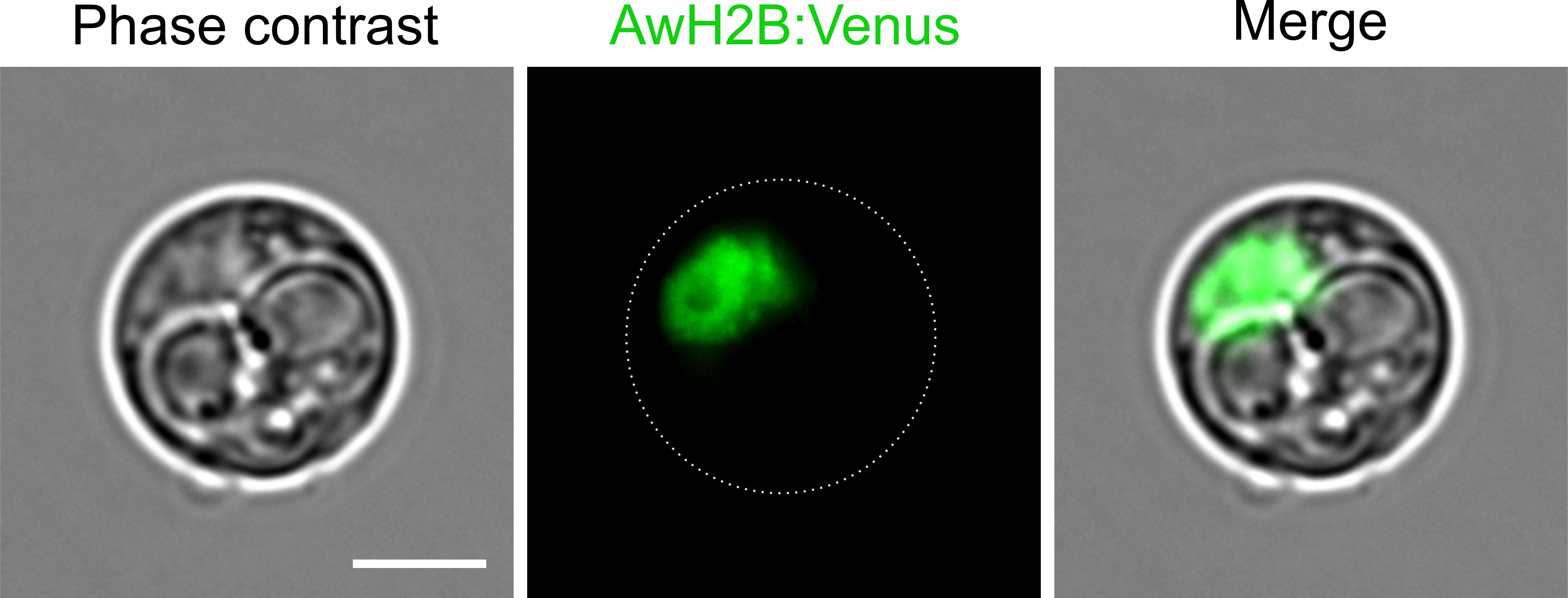Researchers develop a set of genetic tools to study the origin of animals
Science is full of SHEroes whose passion, work and creativity inspired Evolutionary Biologists of today.
As part of our commitment with society, the Institute of Evolutionary Biology (IBE, CSIC-UPF) wants to give credit and visibility to the achievements of female scientists in evolution.
To that aim, we launched the campaign #WhoisyourSHEro to share stories of women who had an impact in our researchers' scientific career through our social media and website.
The campaign keeps on moving as more and more women in evolution are inspiring the IBE community.
You can join the conversation through social media under the hashtag #WhoisyourSHEro.
With the collaboration of the Spanish Foundation for Science and Technology - Ministry of Science and Innovation.
 |
Researchers develop a set of genetic tools to study the origin of animals
The international consortium with participation of IBE researchers has developed genetic tools in more than 14 species of protists, the unicellular closest relatives of animals.
Published in Nature Methods, research will help turn several protists across the eukaryotic tree into model organisms to study the origin and evolution of complex life forms.
The study will provide insights into the cellular instructions that underpin the origins and evolution of animal life and it will also shed light on how microbes contribute to relevant ecosystem processes.

An international research team has developed for the first time a genetic toolbox that will help turn the closest unicellular relatives of animals, protists, into model organisms to study the origin of complex life forms. The study, in which researchers from the Institute of Evolutionary Biology (IBE, CSIC-Universitat Pompeu Fabra) in Barcelona have collaborated, summarizes a major compilation of protocols for performing genetics experiments on marine microbes from across the eukaryotic tree. The study, published today April 6 in Nature Methods, represents an essential step forward in understanding the cellular instructions that underpin the origins and evolution of animal life. Research has been fostered by the Gordon and Betty Moore Foundation, which over the past 16 years has funded researchers around the world to identify marine microbes and learn how they interact with each other and the ocean environment through their Marine Microbiology Initiative.
The oceans cover 70 percent of Earth’s surface and are home to an astonishing diversity of microbial life. Marine microbial eukaryotes underpin the largest food web on the planet and influence global biogeochemical cycles that maintain habitability. They are also remarkably diverse and provide insights into evolution, including the origins of complex life forms, as revealed through genome analyses. However, a persistent bottleneck has been the lack of experimental model systems – well-studied organisms that can be genetically manipulated to reveal gene function and expression as well as clarify how microbes contribute to relevant ecosystem processes. Further, the high-risk nature of the work and challenge to secure funding specifically focused on tools, previously restricted scientists from making progress in this area.
In order to deal with this inherent difficulty, four years ago Moore Foundation launched an ambitious 15 million investment to support development of genetic tools for marine microeukaryotes (protists), among the most diverse yet least understood marine microbes.
As a result of the international collaboration, now the community of scientists involved in this initiative has reported in Nature Methods a genetic system for experimental cell biology of protists from across the eukaryotic tree and primarily from marine habitats.
Genetic tools to unravel them all
Researchers have made a community effort to gather together for the first time genetic tools for editing 14 protists species, and they have also reported on the advancement of genetic systems in 7 more species, among other results.
The reported breakthroughs on genetic manipulation on protists across the eukaryotic tree will collectively provide insights into ancestral eukaryotic lifeforms, protein diversification and evolution of cellular pathways.
In this study, several research teams have succeeded in introducing DNA into marine protists and are now working to employ genetic techniques, such as CRISPR/Cas9, to manipulate protist genomes. "so far we have successfully developed the transfection technique, that is the initial step to manipulate these organisms in the near future", says Elena Casacuberta, IBE principal researcher and co-first author of this study.
A collective effort to study the origin of animals
The Nature Methods article brings together 113 Moore Foundation-supported co-authors from 53 institutions across 14 countries and offers instructions and a wide selection of protocols for conducting genetics in marine protists.
Team efforts were accelerated by active communication and collaboration among the researchers, highlighted by over 200 laboratory protocols shared in a dedicated community group called Protist Research to Optimize Tools in Genetics (PROT-G) on the protocol-hosting website protocols.io, created to help other scientists benefit from this effort.
"Generating genetic tools from scratch in protists species is very challenging and requires a lot of trial and error testing until a working protocol is reached. This article summarizes many working protocols but also many of the non-working ones, as we wanted this piece of work to be more of a complete guide on how to transform an unknown organism into a model organism, which we all believe will be very useful to the community, adds Casacuberta.
“This paper is a landmark achievement by the experimental model systems grantees after several years of hard work to solve numerous technical challenges in the laboratory,” said Adam Jones, Ph.D., program officer at the Gordon and Betty Moore Foundation. “We look forward to seeing how the protocols and guidance offered by the scientists in this newly available resource accelerate genetic tool development in marine protists.”
Research that opens new avenues
Methods developed in this piece of work can shed light on the study of crucial marine ecosystem processes and also on the origins of complex life forms.
"With the development of genetic tools in the unicellular organisms most closely related to animals we are creating the foundation to better understand how animals emerged", Iñaki Ruiz-Trillo says, principal investigator at IBE and co-author of this piece of work.
"In the near future we will advance in the developed techniques in A.whisleri, an important model protist to understand the evolutionary origins of animals, as well as in other unicellular relatives. Understanding the life cycle of these organisms using the new available genetic tools will allow us to experimentally address different evolutionary scenarios that were not yet accessible", Casacuberta concludes.
Moore Foundation has funded the study.
Reference article: Faktorová, D., Nisbet, R.E.R., Fernández Robledo, J.A. et al. Genetic tool development in marine protists: emerging model organisms for experimental cell biology. Nature Methods; April 2020. DOI: 10.1038/s41592-020-0796-x
